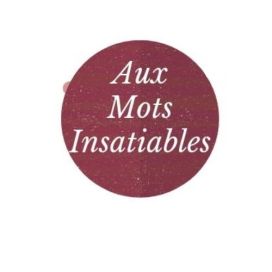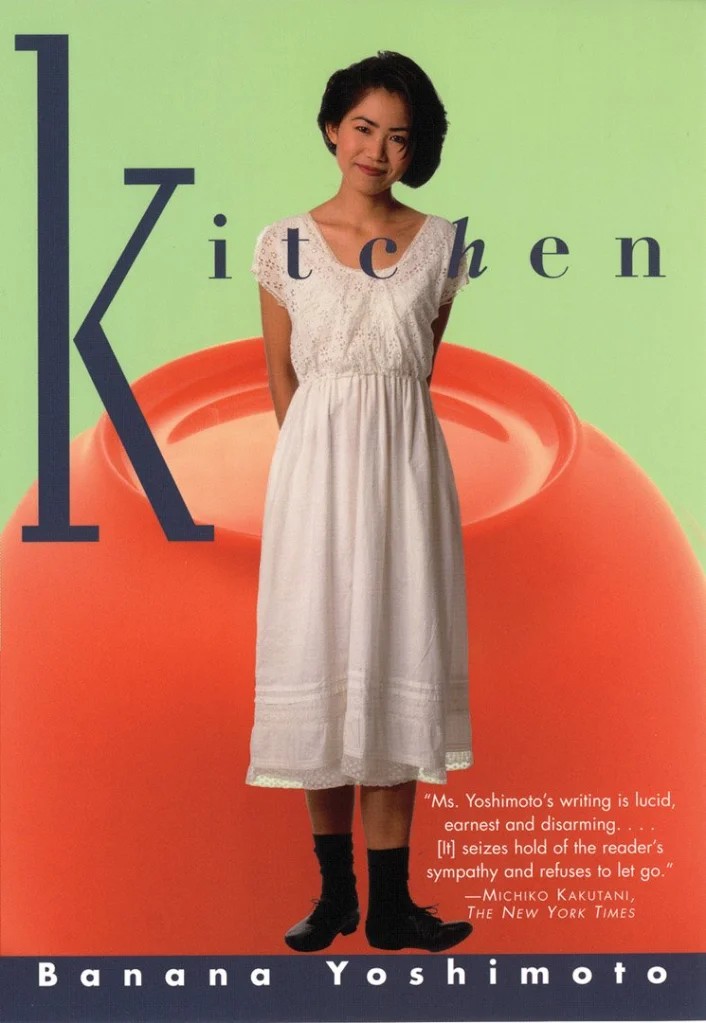I won’t attempt to review this one. Everything the reader goes through with this novel could never fit in a blog post. However, I can perhaps convince a tempted reader to give this big brick of words a chance!

- Copyright-free. The best thing about this novel? It’s free! Just use Project Gutenberg and you’ll find it in whatever format you prefer!
- Exquisite writing. Should I even bother mentioning it? It’s Victor Hugo! I first discovered him through Claude Gueux and The Last Day of a Condemned Man, which make for a good starting point with Hugo; to get a sample of his writing style and his political ideas. The narrator of Les Misérables refers to those works quite a few times. By the magnitude of Les Misérables, however, Hugo’s pen shines even brighter. Here are a few sentences that took my breath away:
Qu’est-ce que c’est que cette histoire de Fantine ? C’est la société achetant une esclave.
Les misérables, Fantine, Livre V, Chapite XI
À qui ? À la misère.
À la faim, au froid, à l’isolement, à l’abandon, au dénuement. Marché douloureux. Une âme pour un morceau de pain. La misère offre, la société accepte.
L’échafaud, en effet, quand il est là, dressé et debout, a quelque chose qui hallucine. On peut avoir une certaine indifférence sur la peine de mort, ne point se prononcer, dire oui et non, tant qu’on n’a pas vu de ses yeux une guillotine ; mais, si l’on en rencontre une, la secousse est violente, il faut se décider et prendre parti pour ou contre. Les uns admirent, comme de Maistre ; les autres exècrent, comme Beccaria. La guillotine est la concrétion de la loi ; elle se nomme vindicte ; elle n’est pas neutre, et ne vous permet pas de rester neutre. Qui l’aperçoit frissonne du plus mystérieux des frissons. Toutes les questions sociales dressent autour de ce couperet leur point d’interrogation. L’échafaud est vision. L’échafaud n’est pas une charpente, l’échafaud n’est pas une machine, l’échafaud n’est pas une mécanique inerte faite de bois, de fer et de cordes. Il semble que ce soit une sorte d’être qui a je ne sais quelle sombre initiative ; on dirait que cette charpente voit, que cette machine entend, que cette mécanique comprend, que ce bois, ce fer et ces cordes veulent. Dans la rêverie affreuse où sa présence jette l’âme, l’échafaud apparaît terrible et se mêlant de ce qu’il fait. L’échafaud est le complice du bourreau ; il dévore ; il mange de la chair, il boit du sang. L’échafaud est une sorte de monstre fabriqué par le juge et par le charpentier, un spectre qui semble vivre d’une espèce de vie épouvantable faite de toute la mort qu’il a donnée.
(…)Il cherchait à conseiller et à calmer l’homme désespéré en lui indiquant du doigt l’homme résigné, et à transformer la douleur qui regarde une fosse en lui montrant la douleur qui regarde une étoile.
Les Misérables, Fantine, Livre I, Chapitre IV
As proven, the writing style is breathtaking BUT it is accessible. It doesn’t read like a pompous 1646-pages-long brick. The chapters are short and the story keeps you on your toes (well maybe except for Waterloo and the sewer system? I’ll talk about it more later).
- Awareness. Modern societies (perhaps should I only speak for Occidental ones) close their eyes to misery, to the people who suffer from a complete absence of a financial system. Worse, we condemn them, the press does too (a myth about laziness to hide the systemic capitalistic exploitation of the poor). Hugo’s work does not let you bury your head in the sand. Nowadays, this novel feels extremely relevant with the recent pandemic, its disastrous effect on the economy but also, the despair of the populations affected by climate change who may have lost everything in the process just so our billionaires can fly private jets comfortably.
- History. Do you have a weakness for History? Do I have the book for you ahah! Honestly, not sure the Battle of Waterloo lasted as long as the chapters (plural form!) Hugo dedicated to it! Also! the sewer system! oh boi, you will learn every detail you didn’t know you wanted to educate yourself on in this book! More seriously, Les Misérables takes place in various locations in France, from the Provence coasts to the southern regions of Paris, to the capital. It portrays the mechanics of a city, the diseases that were rampant at the time and the tragic impact of industrialisation of course (Fantine’s fate). Once the characters of Marius and Gavroche are introduced, you also get to know the political activity, outside of Hugo’s personal convictions, those characters embody the revolutionary youth who sacrificed themselves for a better tomorrow. The novel does not shy away from depicting the darkest sides of French 19th-century society, hence we get to learn about the moral condemnation of sex workers, the everlasting prejudices against ex-convicts and the absence of rights for children. Thanks to the distance that time provides, it underlines the importance of living in a Republic with the right to vote for women, for POC and for men no matter the social class they belong to. Monarchy walks all over the little people in this book, while simultaneously ignoring or making physical detours to avoid seeing the truth of the situation of the people. All in all, we have come a long way and there’s still so much more to be done.
- This goes without saying but the fate of those characters, the emotional journey Hugo brings us on… That ending. You close the book with a heavy heart but a grateful soul to have experienced such an in-depth examination of our society and to have had the privilege of caring for those fictional characters. It is the beauty of books and stories.
- Other mediums. You can now watch the musical? And the numerous adaptations! And if you’ve watched some, please send me some recs!
Tempted? Already read it? Let me know your thoughts x
Lau













